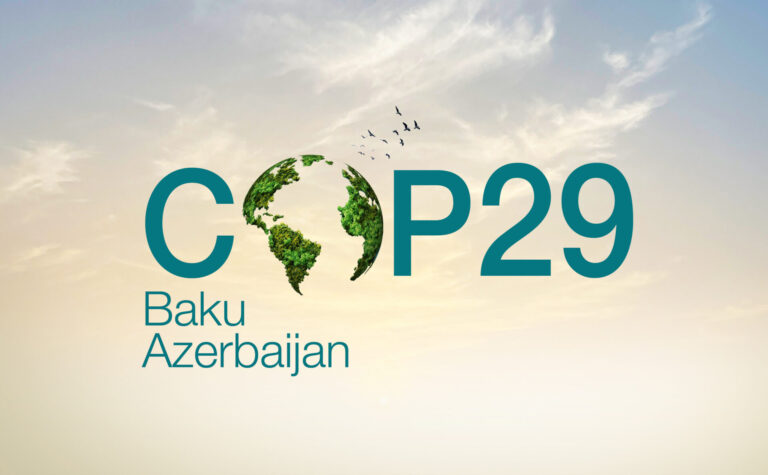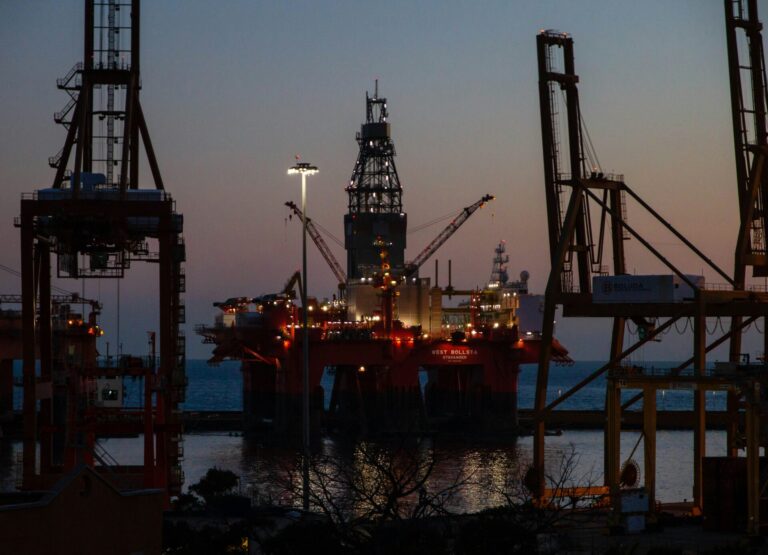Friday: Fossil Fuel Influence and Calls for Change.
On Friday, COP29 highlighted concerns about the influence of the fossil fuel industry at the summit. Reports indicated that over 1,700 attendees had ties to fossil fuel interests, sparking discussions about transparency and priorities. Some climate advocates called for stricter measures to limit the role of lobbyists in such events. Data presented at the summit highlighted the global scale of carbon pollution, with Shanghai identified as the most polluting city, emitting more greenhouse gases than some whole countries. The Permian Basin in Texas was flagged as the most polluting site worldwide.
There were also calls to shift the focus of these climate talks from negotiating new agreements to implementing existing ones. While some defended the current process, others emphasised the need to deliver on promises already made.

Saturday: Delays in Key Decisions
Saturday marked the conclusion of the first week of COP29, with the Subsidiary Bodies (SBs) to the UN Framework Convention on Climate Change (UNFCCC) closing their sessions. The outcomes painted a concerning picture of the progress achieved so far. Discussions on the Loss and Damage Fund progressed, with countries developing a standardised criteria to determine who can access the fund. However, debates on cutting emissions highlighted divisions. Some countries pushed for strong commitments to accelerate energy transitions, while others resisted, raising their concerns about fairness and top-down approaches.
One major obstacle was whether to use the outcomes of the Global Stocktake – a review of progress under the Paris Agreement – to guide future mitigation efforts. The lack of agreement on this issue left negotiations tense and incomplete. Talks on transitions and financial support for developing countries also stalled, with drafts containing many unresolved points.
Sunday: A Call for Action
The events of the weekend at COP29 show the complexity of international climate negotiations. Discussions highlighted both progress and differing viewpoints on critical issues. As the summit continues, further efforts will likely focus on finding common ground and advancing practical solutions to address the climate crisis effectively.
Catch Up On Previous COP29 Updates

COP29 Day 11 Summary: 22nd November 2024
The 11th day of the COP29 climate summit in Baku, Azerbaijan, concluded with an agreement on a new climate finance

COP29 Day 10 Summary: 21st November 2024
COP29 has brought climate finance to the forefront of global discussions, highlighting the urgent need for developed nations to support

COP29 Day 9 Summary: 20th November 2024
On the ninth day of COP29 in Baku, Azerbaijan, discussions brought to light significant disagreements between developed and developing nations,

COP29 Day 8 Summary: 19th November 2024
Day 8 of COP29 in Baku, Azerbaijan, focused on tackling the challenge of climate finance, with a spotlight on how

COP29 Day 7 Summary: 18th November 2024
COP29 is proving to be a pivotal yet contentious chapter in global climate negotiations. With only five days left in

COP29 Weekend Summary: 15th-17th November 2024
This weekend at COP29 highlighted key debates about fossil fuels and strategies to combat the climate crisis. Progress was made

COP29 Day 4 Summary: 14th November 2024
Day four of COP29 in Baku brought critical discussions to the forefront, focusing on two pressing issues: the urgent need

COP29 Day 3 Summary: 13th November 2024
On Day 3 of COP29 in Baku, Azerbaijan, global leaders pushed for stronger climate cooperation, with discussions centering on several

COP29 Day 2 Summary: 12th November 2024
On Day 2 of COP29 in Baku, Azerbaijan, global leaders continued discussions on urgent climate action, focusing on financing, emission

COP29 Day 1 Summary: 11th November 2024
The 29th United Nations Climate Change Conference (COP29) commenced on November 11, 2024, in Baku, Azerbaijan, marking a pivotal moment






